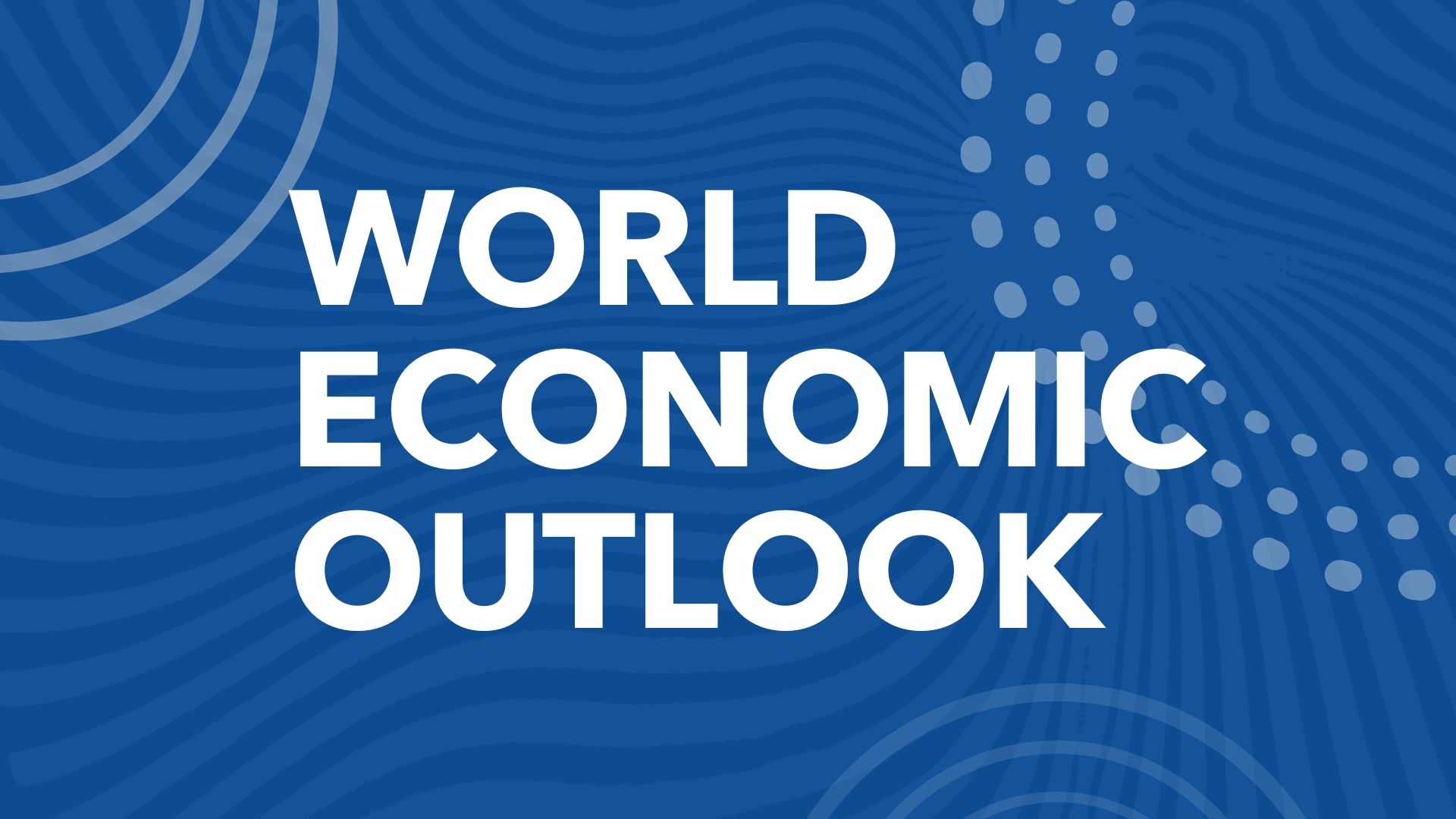The International Monetary Fund released its latest World Economic Outlook on Tuesday, revising its US growth forecast while predicting a slowdown in expansion in the Eurozone.
The IMF has raised its forecast for U.S. growth this year to 2.1%, an increase of 0.3 points from the latest estimate in July. The outlook for next year has been raised by 0.5 percentage points to 1.5%.
Meanwhile, the Eurozone’s growth forecast for 2023 has been revised downward by 0.2 percentage points to 0.7%, and for 2024 to 1.2%, down 0.3 percentage points.
The IMF raised its FY24 growth forecast for India by 20 basis points to 6.3%, citing stronger-than-anticipated consumption between April and June.
IMF attributed strong corporate investment in the second quarter, solid consumption growth against the backdrop of a tight labor market, and the government’s expansionary fiscal stance as factors behind the rise in U.S. stock prices. Still, growth is expected to slow in the second half of 2023 and into 2024 due to slower wage growth, reduced savings due to the pandemic, tight monetary policy, and rising unemployment.
In the Eurozone, the IMF this year pointed out the divergence between major countries. Germany’s economy is expected to contract due to a slowdown in trade and lower interest rates, while France’s external demand is strong, and industrial production is catching up.
The UK’s growth forecast was raised slightly to 0.5% in 2023, but was lowered by 0.4 percentage points to 0.6 in 2024 due to the “ongoing impact of the terms of trade shock due to high energy prices.”
The IMF has reiterated its global growth forecast for this year at 3% and lowered its forecast for 2024 by 0.1 percentage point to 2.9%.
“What we are seeing is that the economy has proven to be very resilient given the shocks we have experienced over the past year and a half: the Russian invasion of Ukraine, the energy crisis,” the world IMF chief economist Pierre-Olivier Gourinchas told at the IMF’s annual meeting in Marrakech.
Pierre-Olivier Gourinchas added, “What we are saying is that 3% is not a global recession, rather the opposite, but as we are accustomed to given the more prevalent period before the pandemic, which was more around 3.6, 3.8%. Therefore, we describe this situation as the global economy limping rather than sprinting at the moment. ”





